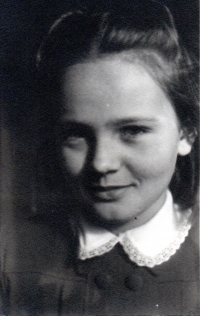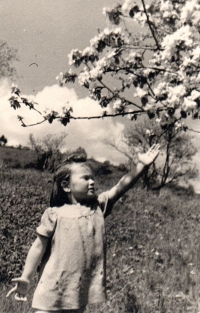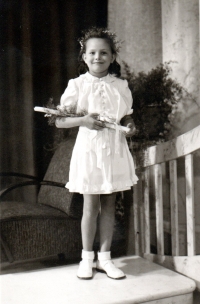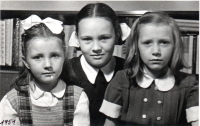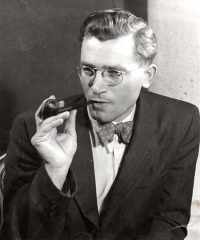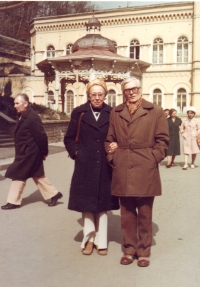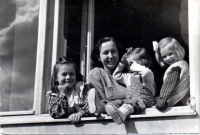Remember till the end of your life that your dad was arrested by communists
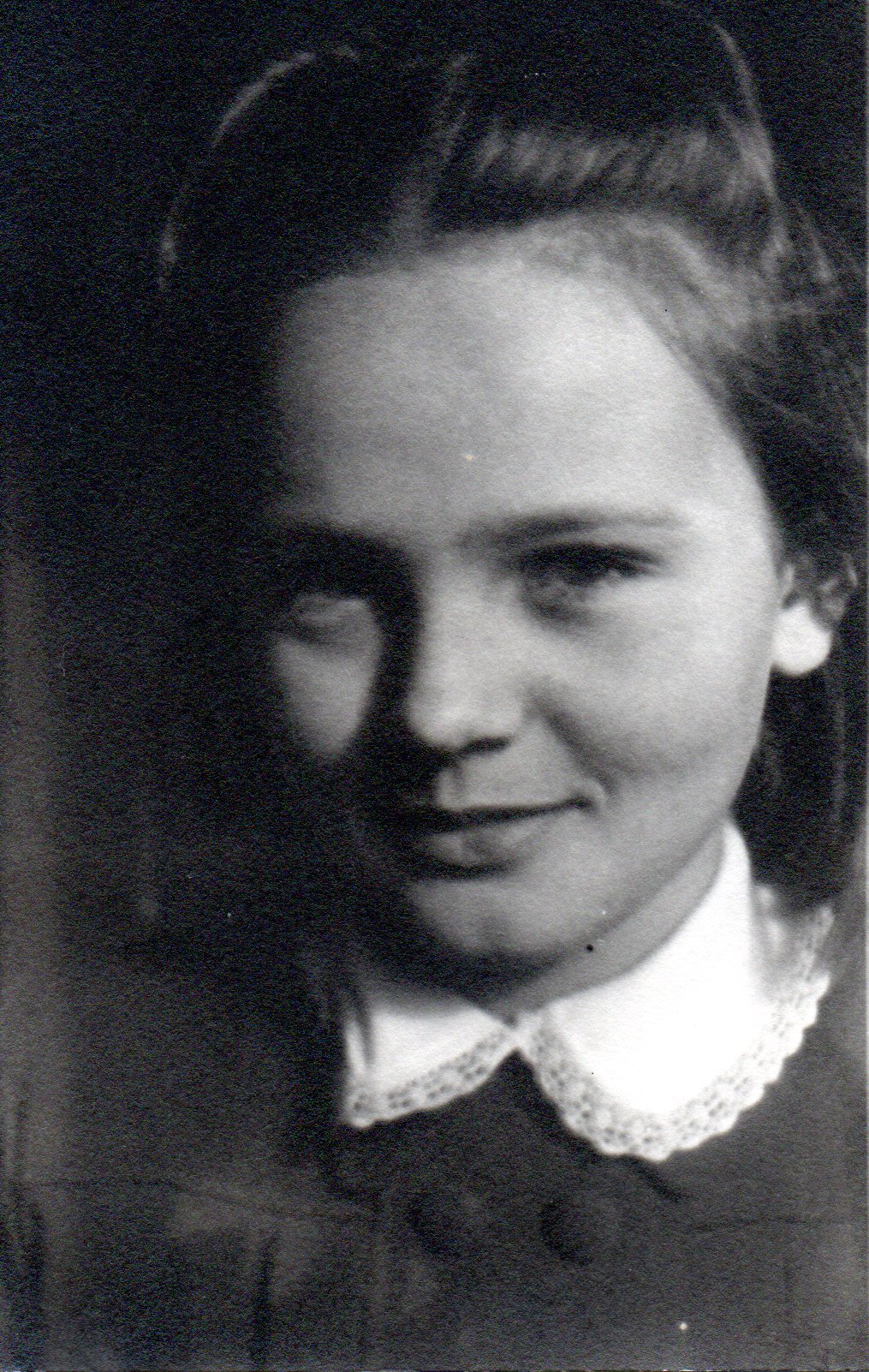
Download image
Maria Hrochová was born on April 22, 1939 in Brno as the eldest daughter of Jakub and Štěpánka Drkal. Both parents got jobs in Boskovice, where the whole family lived later. In January 1949, father Jakub Drkal was arrested and as an official of the physical education organization Orel he was eventually sentenced to three years in the group trial of Koukal and fellows. Due to six months of interrogation in prison in Uherské Hradiště, father lost his hearing in one ear. His mother and daughters went to visit him in the Jáchymov region, and to this day they keep very valuable items and letters from those difficult times. As a daughter of a political prisoner and a practicing Catholic, she had very limited access to education. After graduating from secondary school in 1957, she could not be admitted to university due to the negative reference written by the town’s national committee. In 1960, she married Miroslav Hroch and later they had four children. Once again, they had to deal with the problems of admitting children to study. She experienced strong emotions during the occupation in 1968 since the first day, when she and her husband had to return to the cottage for the children, where they had been spending holiday together. Since 1969, she worked as a teacher at the Agricultural School in Boskovice, because there was no strong pressure on political reliability and the teaching staff clung together. The whole family welcomed the events of 1989. Father Jakub Drkal lived up to freedom despite his poor health, but he did not live to see his second rehabilitation. Maria Hrochová occasionally taught at various schools until 2011 and currently lives in a family house in Boskovice.
